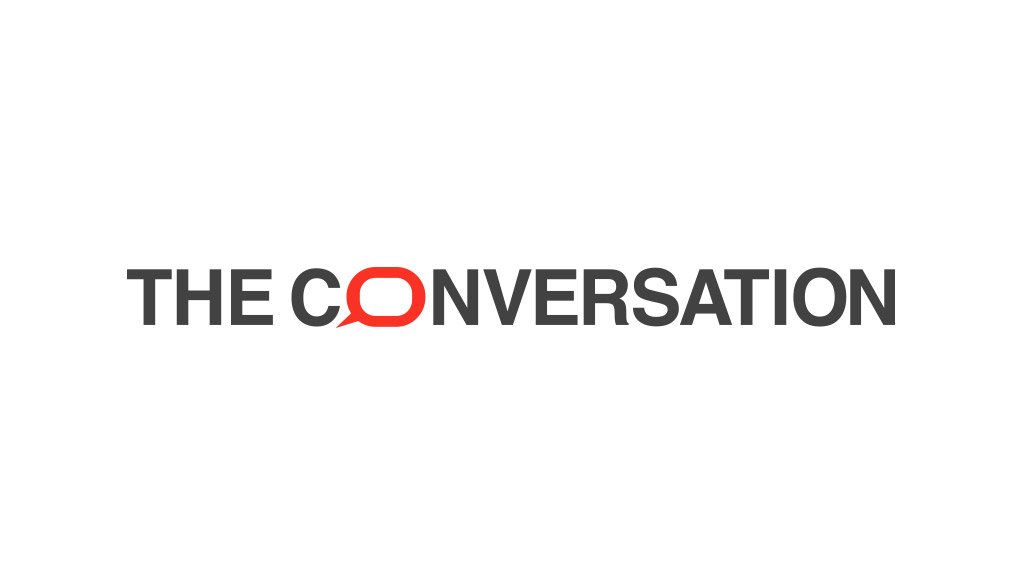In many places, tap water is of poor quality, with dangerous waterborne illnesses, such as cholera, typhoid fever and diarrhoeal diseases resulting. Water protests and dehydration are commonplace.
As a researcher who studies equitable economies, water services and education, I set out to identify the problems that have caused precarious water provision in the Chris Hani District Municipality in South Africa’s Eastern Cape province. This municipality is a hub of six towns, where 849 000 people live, mostly (63.8%) in rural areas.
For years, the people of this municipality have experienced collapsing water systems and broken sewage plants. Over 35% of households have no taps in their homes or have to share outdoor taps that are more than 200 metres away from the home.
My research findings were based on 10 interviews with municipal officials and water consumers. I also included information from official reports from the municipality and government departments. My research found that the municipality does not always comply with the water law that says everyone must be provided with a minimum amount of free, clean, drinkable water every day.
I also found that it has problems collecting payment for water because a non-payment culture is prevalent in the area. Without reliable revenue, the municipality cannot procure chlorine, maintain pumps, or negotiate bulk-water contracts. It ends up trapped in a vicious cycle of water scarcity and service deterioration.
I conclude from my study that residents who can afford to pay should do so, while the indigent (impoverished residents of the area) should have their water subsidised by the government.
To improve the water service in Chris Hani District Municipality, the infrastructure needs an overhaul. The dams and reservoirs need to be upgraded, dilapidated pipes and equipment replaced and revenue collection improved. Finally, the municipality must ringfence the payments coming in for water and keep those to fund improvements to the service.
The major problems
My research found that the major water problems in the Chris Hani District Municipality were:
-
water scarcity due to drought, water leaks and population growth
-
ageing water pipes and systems that have not been properly maintained and repaired
-
electricity cuts at water pumping stations
-
politics – although councillors are usually not subject matter experts of the departments they oversee, their political power enables them to influence the operations of the directorates. This can undermine the expertise of local government staff members who are experts, such as water engineers, plumbers and water technicians.
-
vandalism of the water system
-
a water system that’s not upgraded to cope with the growing population
-
residents who don’t always pay for the water they use.
These problems tend to feed into each other. For example, many households that can afford to pay for water refuse to do so because they are discouraged by the erratic water supplies, or don’t trust that their bills are accurate, and because of the culture of non-payment for municipal services.
One participant reported that:
the municipality does not send invoices. When they do, most of the time, the bill is inflated because they do not take meter readings but just estimate the household consumption.
The research also found that the municipality’s failure to comply with the 1997 Water Services Act meant that they weren’t providing the legal minimum of six kilolitres of clean drinking water per family per month. This is roughly 25 litres of water per person per day.
What needs to happen next
Some participants said they’d been without water for extended periods, along with their fellow community members. This highlights that the municipality undermined the water law’s requirement for water services to be “effective enough to ensure that no consumer is without supply for more than seven full days in any given year”.
Solving the water problems in Chris Hani District Municipality means finding ways to provide free, clean drinkable water and also bringing in some income to help pay for the water services. As one of the people I interviewed said:
to achieve the water provision responsibility, the municipality needs to pay for bulk water from the Department of Water and Sanitation, construction cost or capital cost, and operations and maintenance cost. These costs are not all covered by grant funding. Therefore, affording consumers should pay and the indigent should get subsidised by government.
A way forward would be for the municipality to set up a policy framework that would enable bulk water supply to be upgraded and dilapidated infrastructure to be replaced. This policy framework should also make it possible to improve revenue collection.
The lack of payment compromises delivery of water services by municipalities. Poverty is one of the factors contributing towards the non-payment of services by residents. This underscores that job creation must be prioritised.
To discourage the non-payment culture, the municipality should be more transparent in its water bills. For example, they could provide user-friendly access to account information (bills, usage trends and payment history). This would create more trust that residents are being billed the correct amount.
Another helpful step would be ending theft and vandalism of water infrastructure. This would need the municipality to set up a close working relationship with community members and the South African Police Service.
Finally, water services need to be ringfenced. This means that payments for water are kept separately by the municipality and used only for improving the water service. Research has already found that municipalities that don’t ringfence water payments end up not investing enough to keep their water systems in good shape.
The effective provision of water services requires everyone involved to play their respective roles well – the municipality must consistently deliver, and residents who are not impoverished must consistently pay.
Written by Thembinkosi Twalo, Chief Research Specialist, Human Sciences Research Council
This article is republished from The Conversation under a Creative Commons license. Read the original article.











